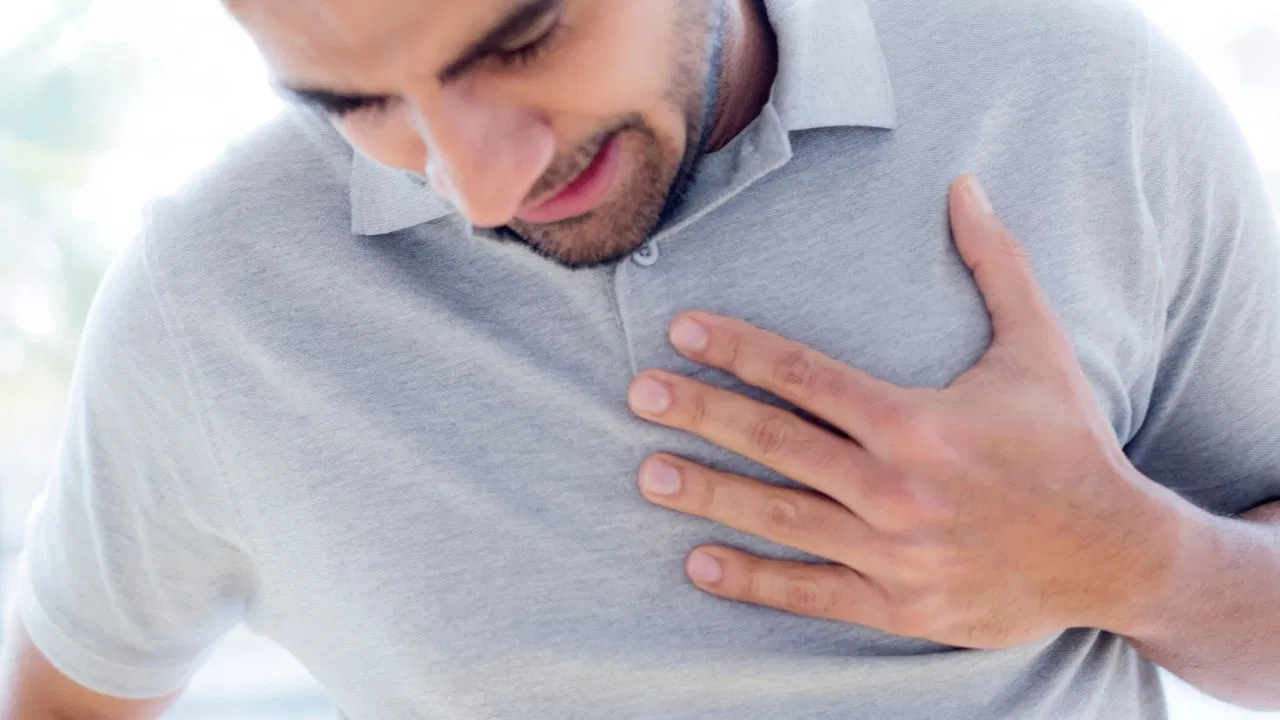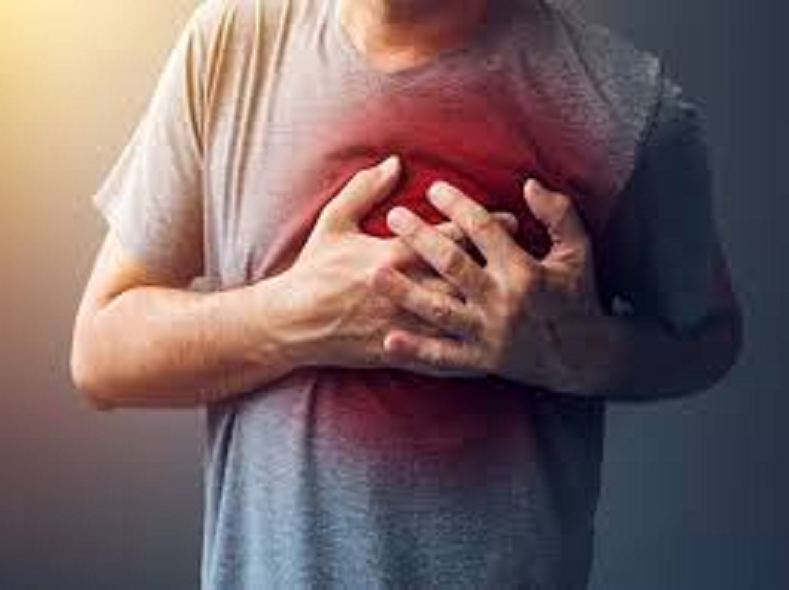Heart attack risk: Is the risk of heart attack higher in the morning than at night?
- bySherya
- 30 Aug, 2025

Heart attack is one of the rapidly increasing health problems in today's time. It not only weakens the heart but can also have a serious effect on the entire body. In such a situation, let us know whether the risk of heart attack is higher in the morning than at night.

A heart attack is a serious condition when blood flow to the heart muscles suddenly stops. The biggest reason for this is blockage due to fat accumulation in the heart veins. When blood flow is obstructed, the heart does not get an adequate supply of oxygen, due to which the heart cells start getting affected. The possibility of heart attack is higher in those people who have high blood pressure, diabetes, obesity, and a smoking habit. Bad lifestyle, mental stress and unhealthy eating habits also increase this risk. If treatment is not received in time, this condition can also prove to be fatal.
Heart attack has a direct effect on the heart muscles, but its effect can be seen on the entire body. The heart becomes weak due to the stoppage of blood flow and there is a lack of oxygen in the body. This causes problems like fatigue, shortness of breath, chest pain and dizziness. In severe cases, the heart muscles can be permanently affected, leading to heart failure. In patients of heart attack, the functioning of the kidneys, brain and lungs can also be affected for a long time. There is also a risk of sudden death if timely treatment is not received. This is the reason why ignoring a heart attack can prove to be extremely dangerous.
Is the risk of heart attack higher in the morning than at night?
Dr. Ajit Jain of the Cardiology Department at Rajiv Gandhi Hospital explains that the risk of heart attack is higher in the morning. After waking up, blood pressure and heart rate increase rapidly due to the body's biological clock. In the morning, the level of stress hormones such as cortisol and adrenalin is high, which increases the pressure on the heart. Apart from this, after waking up from sleep, the blood becomes thicker and the chances of blood clots are also high. This is the reason why the time between 6 and 10 am is considered the most sensitive for heart attack.
Whereas at night the body remains calm and blood pressure is at normal level, so the risk is less. Therefore doctors advise to start the morning slowly, avoid heavy physical or mental stress immediately and keep getting regular checkups.
keep these things in mind
Take a healthy diet.
Exercise daily and keep the body active.
Try to avoid stress and anger.
Stay away from smoking and alcohol.
Get enough sleep and make it a habit to sleep and wake up on time.
Keep getting your blood pressure, sugar and cholesterol checked from time to time.
Contact your doctor immediately if you notice any unusual symptoms.



